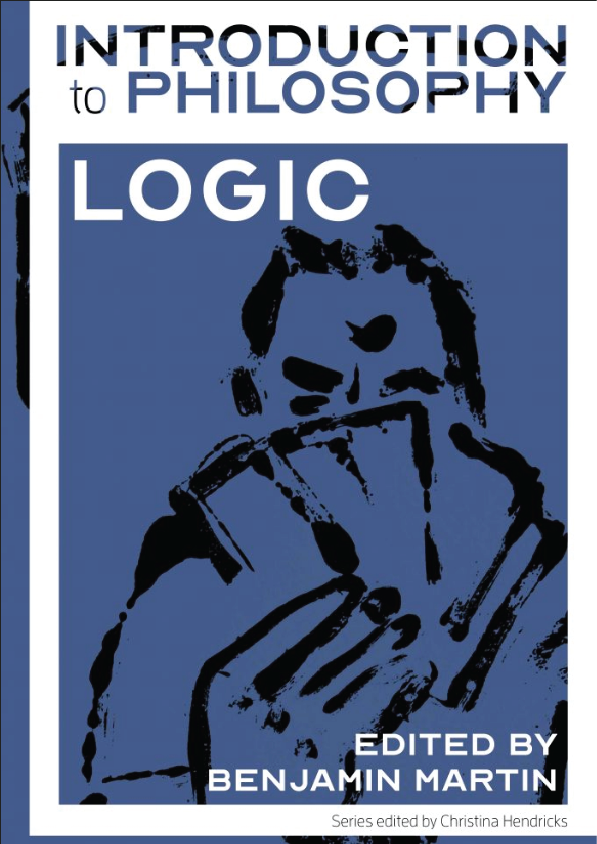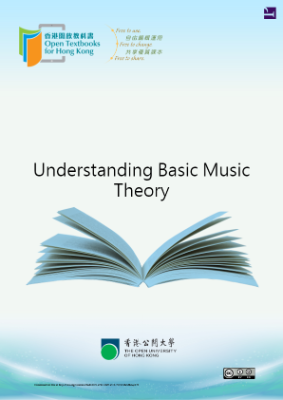While philosophy is often thought to be defined by the kinds of questions it attempts to answer, in reality the subject area is defined just as much by its methodology. In this sense, it is no different to other research areas. Each has norms with regard to both the types of questions it attempts to answer, and how it goes about answering those questions. While other parts of this Introduction to Philosophy series are primarily interested in providing you with a background to the questions philosophers are interested in answering, this part on logic will provide you with an introduction to the tools philosophers use to answer these questions.
As with any area of academic research, philosophers are expected to give reasons for their proposals, and within philosophy these reasons predominantly take the form of arguments. To engage in philosophy, then, is to engage in argumentation. And in order to become effective philosophical practitioners it’s paramount that we understand what arguments are, how to recognise them, and how to evaluate them effectively. It is hardly surprising, therefore, that we have a whole branch of philosophy dedicated to answering just these questions, called logic. The goal of this part on logic is to provide you with both the concepts necessary to identify and evaluate arguments, and to start you on the never-ending journey of becoming excellent philosophical practitioners.
Further, the concepts and tools highlighted throughout this part should prove useful in other areas of your life, as arguments play just as much of a role in public life as in intellectual life. Others will propose arguments in an attempt to persuade us that what they say is true, and it is our responsibility to evaluate whether these arguments do indeed give us good reason to endorse their claims. Learning how to evaluate arguments appropriately, therefore, is a fundamental skill, and thus in gaining logical skills, one gains important life skills. These skills can stop us from becoming misled by the claims of others, including politicians and the media, and allow us to become clearer about the reasons we have for our own beliefs. They are some of the best tools we have available to safeguard our own beliefs from the persuasion techniques of others.
This book is made up of five chapters, each of which introduces new fundamental concepts you will need to engage with arguments. The first, What is Logic?, outlines in more detail the goals of logic and its role within philosophy as a whole. You will be introduced to the concept of an argument, how to recognise when something is an argument, and how to go about identifying its content. The second chapter, Evaluating Arguments, builds from the first. Once we have identified an argument, we need to get on to the business of working out if it’s any good. However, it turns out we cannot judge all arguments using the same criteria, for different types of arguments attempt to support their conclusions in different ways. This second chapter then outlines the different types of arguments found within both philosophy and elsewhere, provides you with some tricks on how to spot which type a particular argument is, and criteria for how to evaluate each type.











